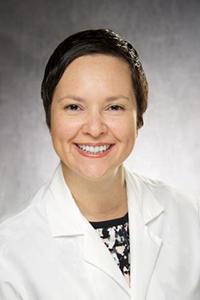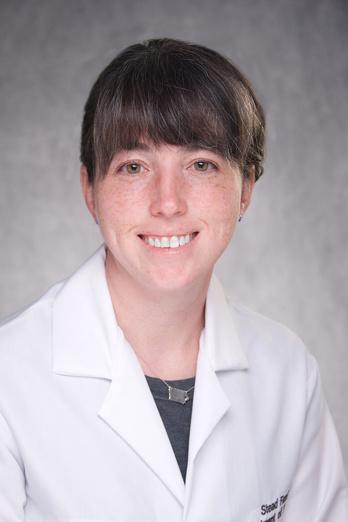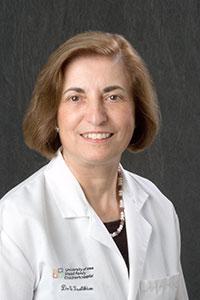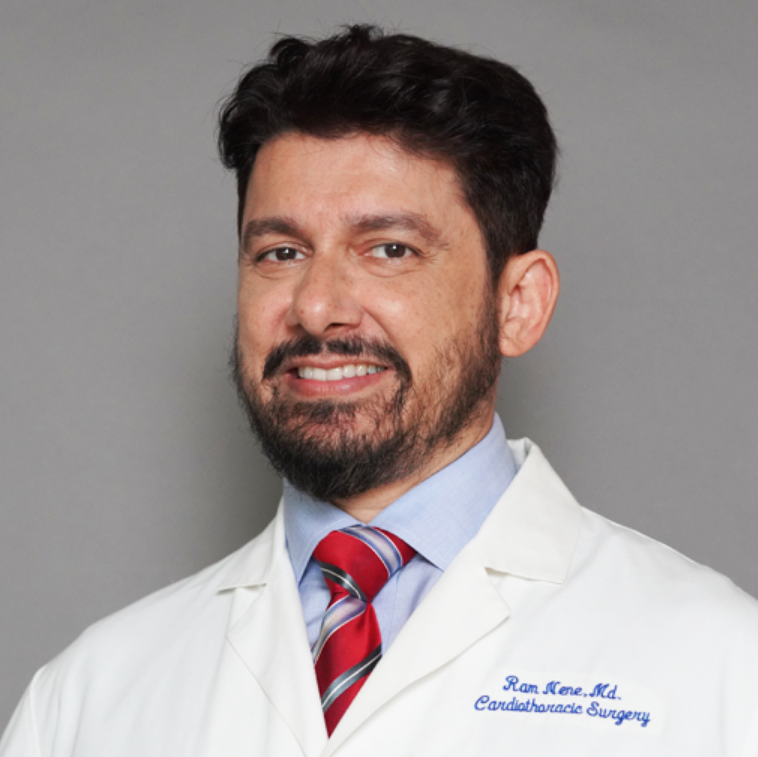
For the past several decades, infants born in the USA are screened for congenital hypothyroidism. Like many beneficial programs, it is human nature to take the importance of this screening for granted. Dr. Pesce has just published an opinion piece that helps bring home the importance of newborn screening for congenital hypothyroidism. In this piece, she reflects on a child with congenital hypothyroidism who asks “what would have happened if I had not been screened?” Dr. Pesce then reflects on the consequences of untreated congenital hypothyroidism, including impaired mental development and impaired growth. She also notes how diagnosis of congenital hypothyroidism is typically delayed in the absence of screening. You can find her informative blog piece here.










